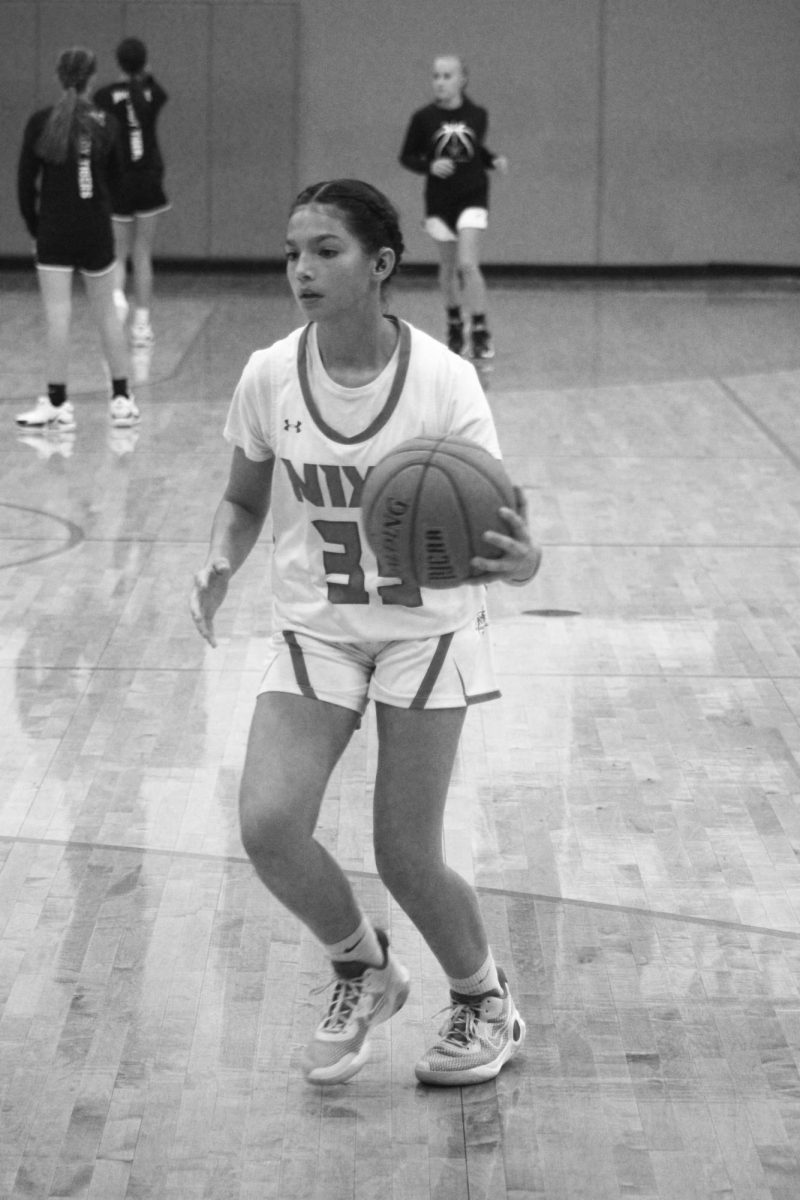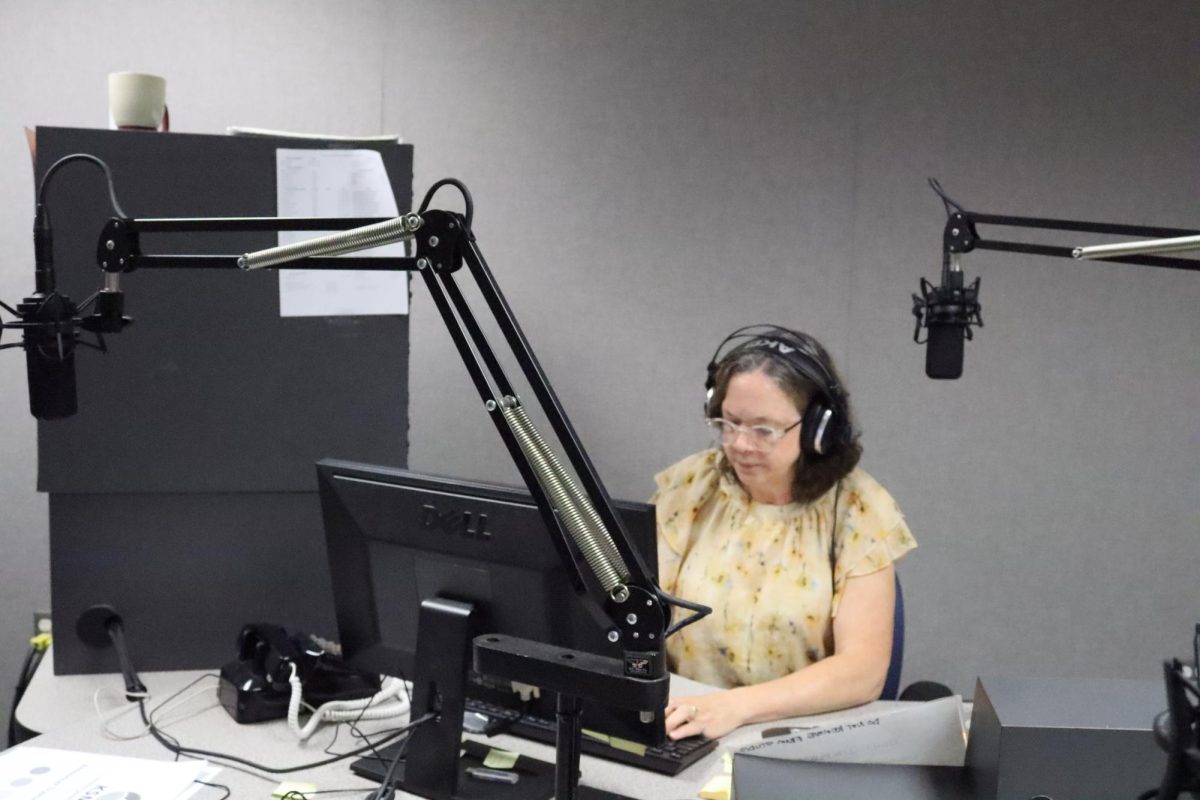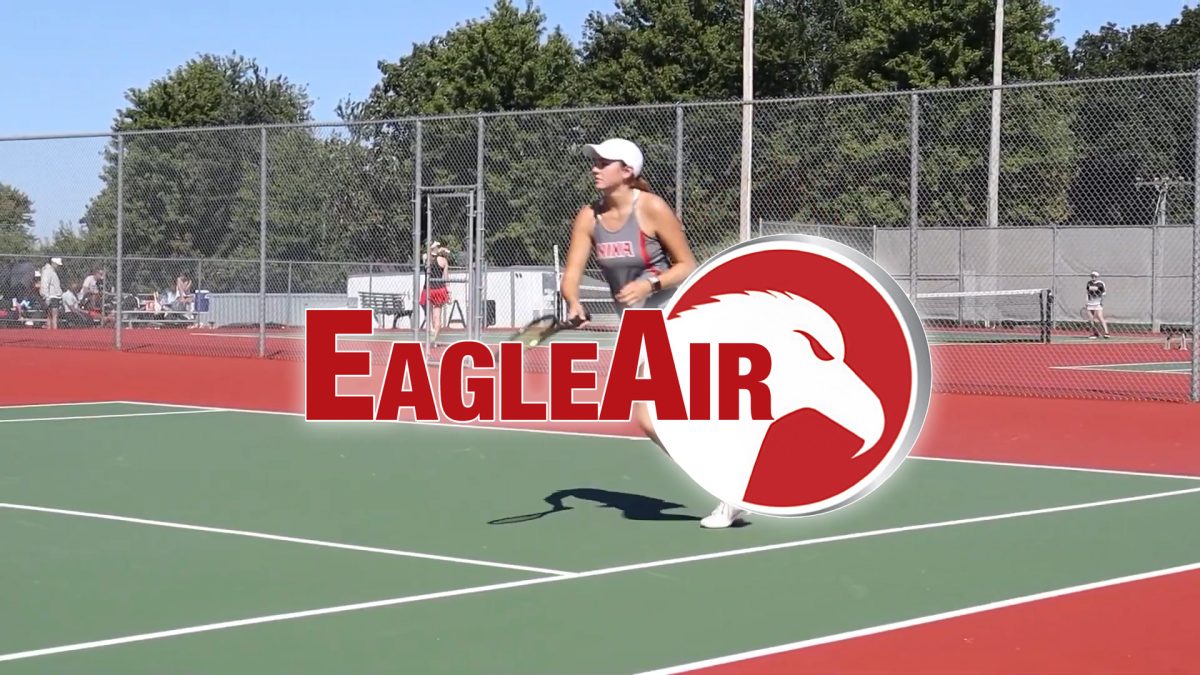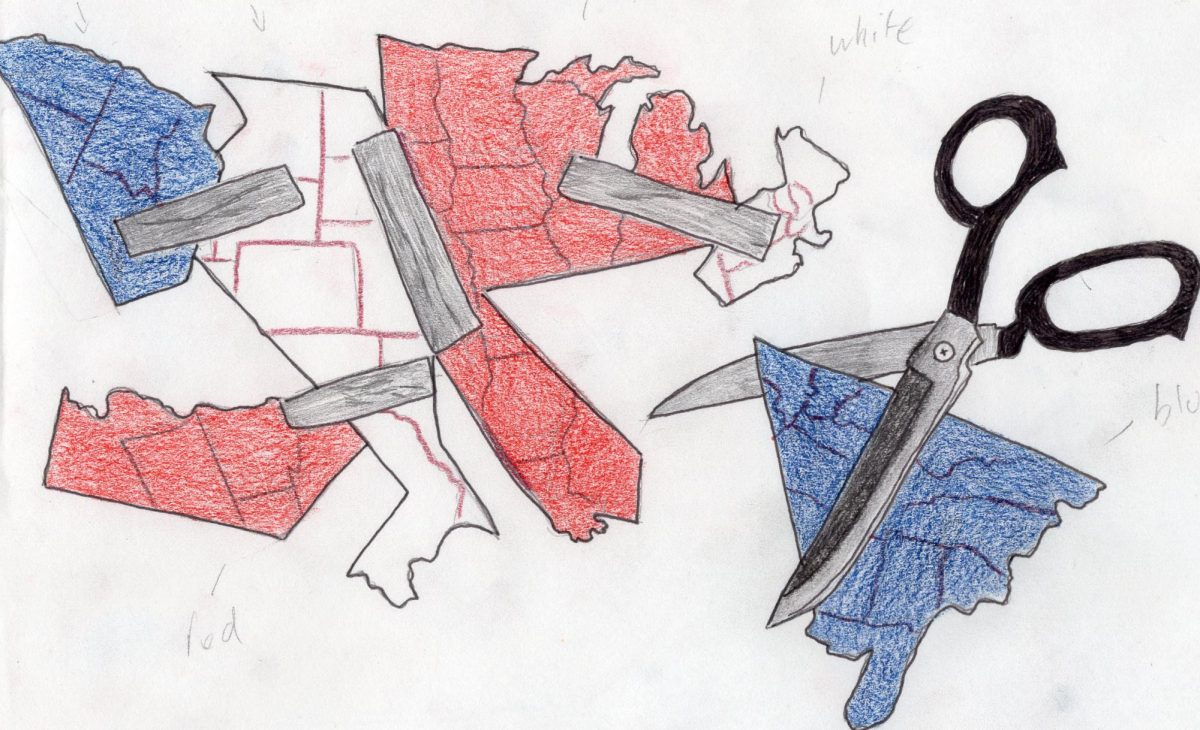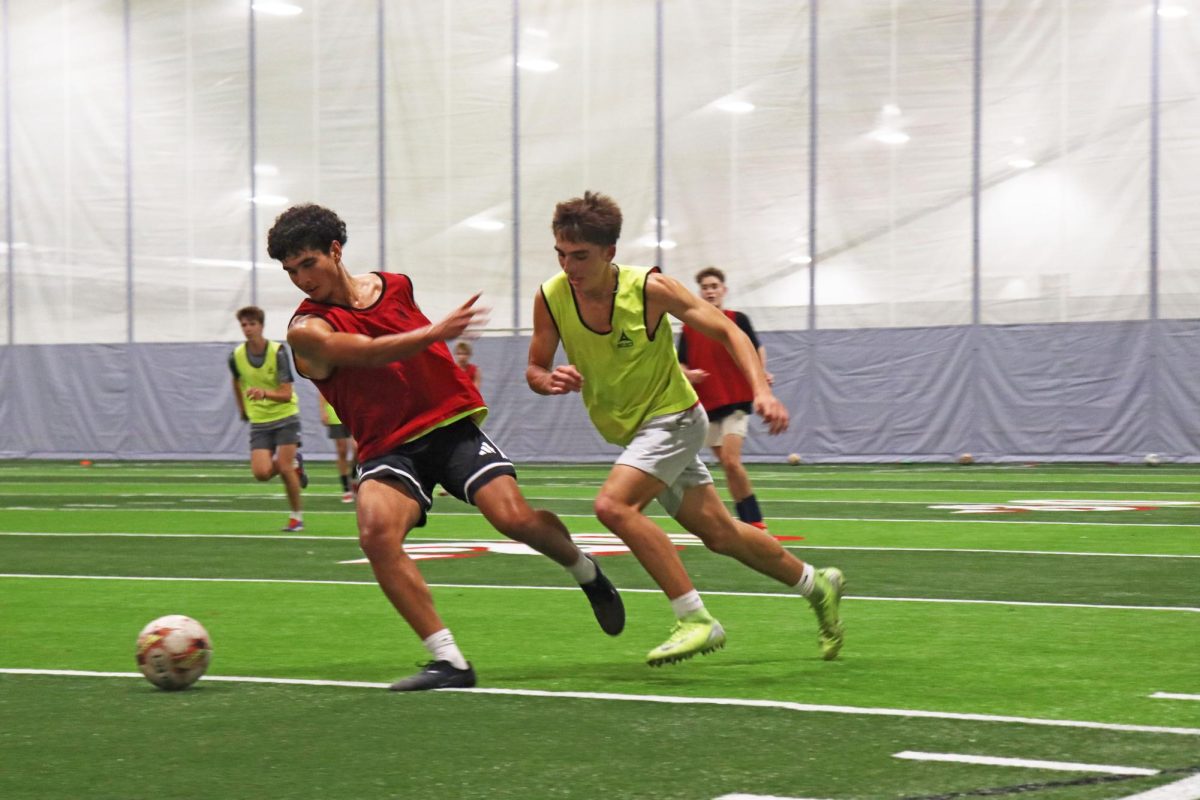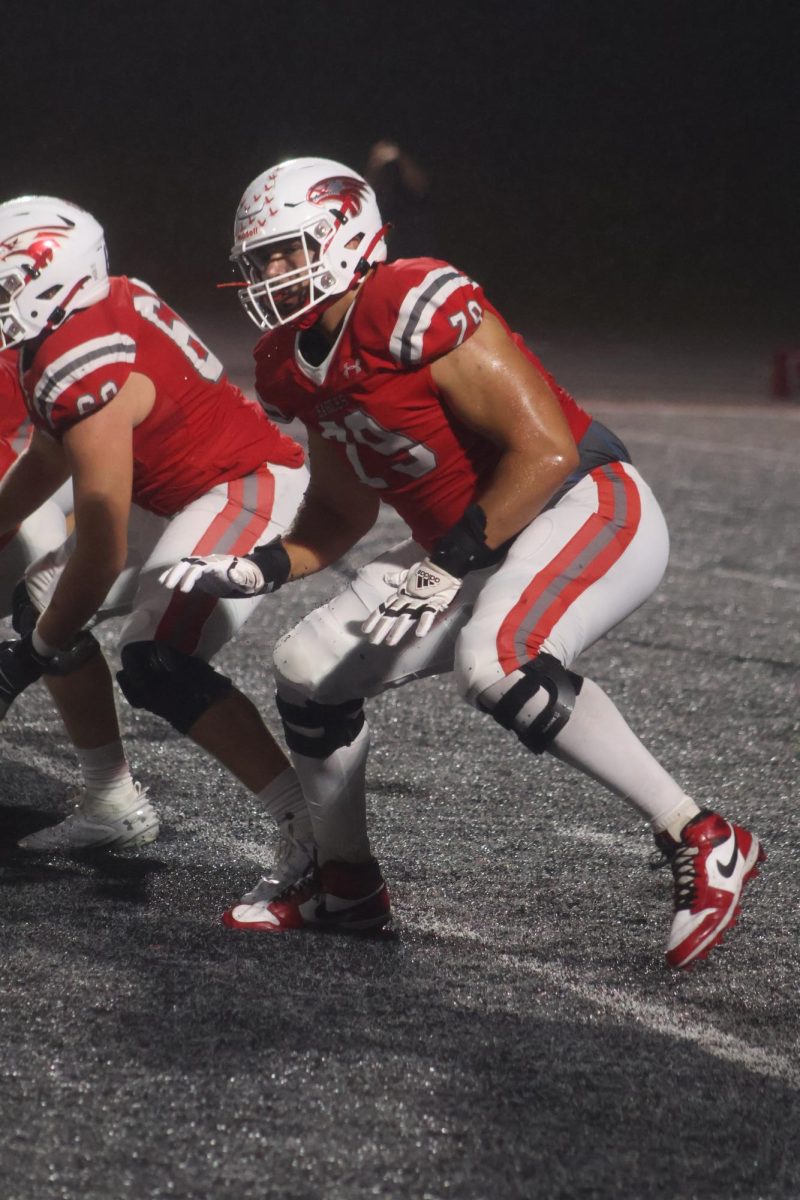Nixa High School is home to some different cultures and languages. Some students speak English as a second language. They may struggle to communicate with the rest of the primarily English speaking student body.
NHS English language development teacher Aimee Norcross sees her students face all kinds of challenges.
“One of the biggest struggles is grammatical structure,” Norcross said.
“In English, we have a certain grammatical structure where the words go in a sentence that we apply. For other languages, it’s not the same. It’s usually the opposite. So getting that language structure in there can be challenging.”
Norcross helps students with the challenge of learning the English language.
“Eventually, we use a lot of strategies such as sentence stems and different sentence starters [or] sentence frames, so that as a student is sitting in class with me, they have a list of different beginning words they can use to start a sentence and then from this is how they start [practicing] speaking English,” Norcross said. “I literally give them the sentence and then they read it to me and then we just grow from there.”
Norcross’ path to teaching ELD students stemmed from her experience with other languages in the past.
“Growing up, my father was French so I had the opportunity to learn the language, speak the language and also travel to France to visit relatives and see some of Europe,” Norcross said. “This led to me becoming more aware of cultures and also developing a love of different cultures — particularly French culture — and so I was able to decide to go back to school to get another certification.”
NHS translator Natalya Bokov has personal experience with learning with a language barrier.
“I came in eighth grade, and it was very hard,” Bokov said. “It was scary because [I] didn’t understand the school structure, the classes [or] the students… There was a little book where you find a word that you think you need, and that’s how you communicated with people.”
Avery O’Brien, a track and basketball athlete at Nixa Junior High, speaks both English and American Sign Language.
“I’m bilingual,” O’Brien said. “English is my second language, and so in second and third grade when people found out, they would always speak to me very slowly and like you’re a baby — like you’re not a normal kid. I did not like that. But now my English is significantly better; … now I speak normally and I get to enjoy the things of life.”
While there are many difficulties with not being able to hear, O’Brien is able to make the best of the situation.
“I have an interpreter and friends who care about me and will help me with my deafness, and my family will also help me,” O’Brien said.
Categories:
Conquering language barriers
Nixa students and staff work through barriers in communication
Anatoliy Burac, Staff Writer
April 16, 2024
Incoming freshman Avery O’Brien makes her way to the basket during a home game at Nixa Junior High against Willard Junior High.
Photo provided by: Allan Blaue
0




